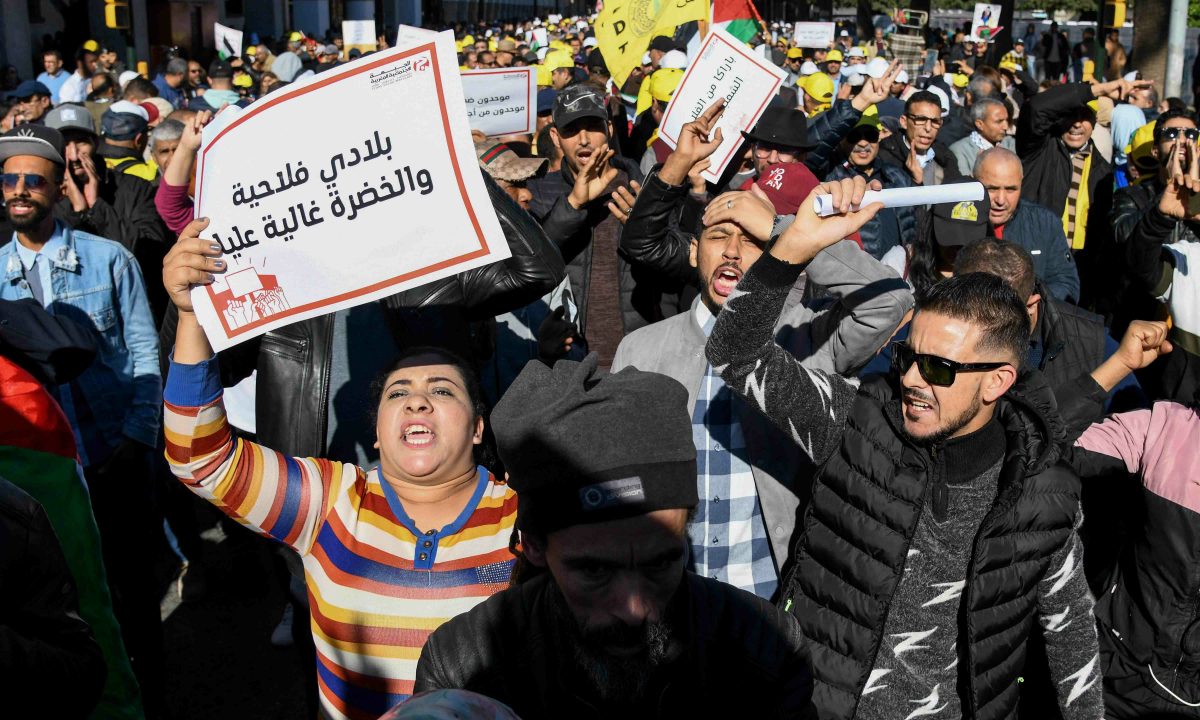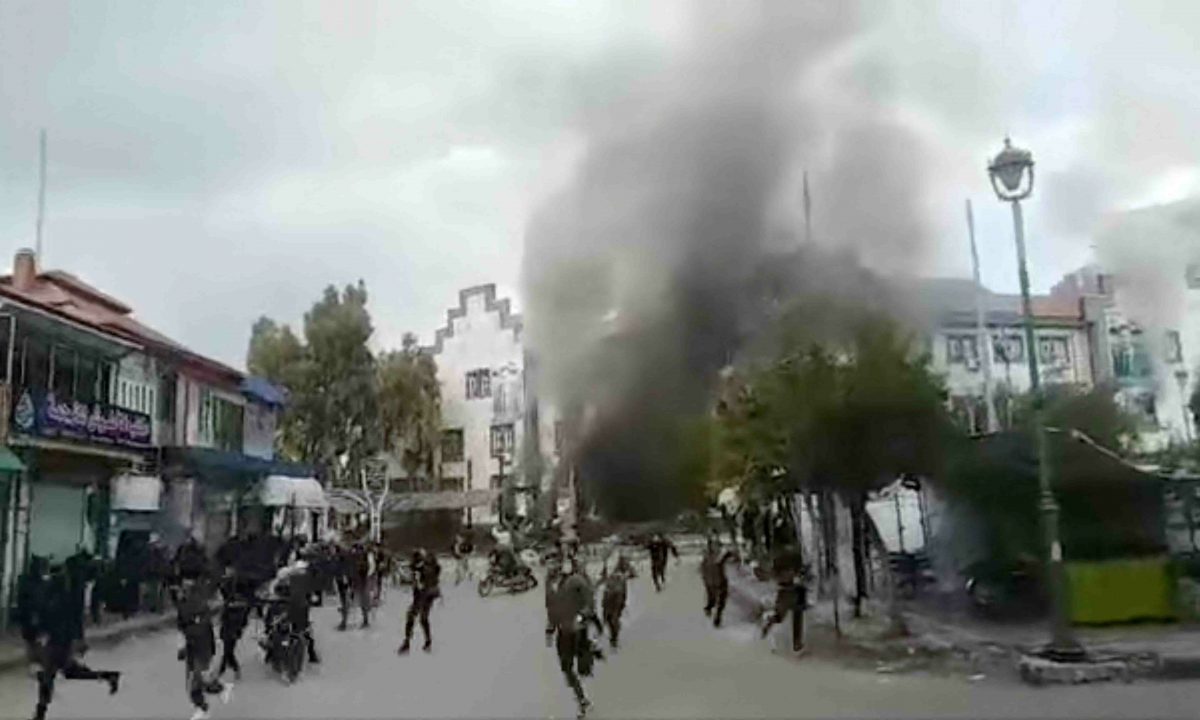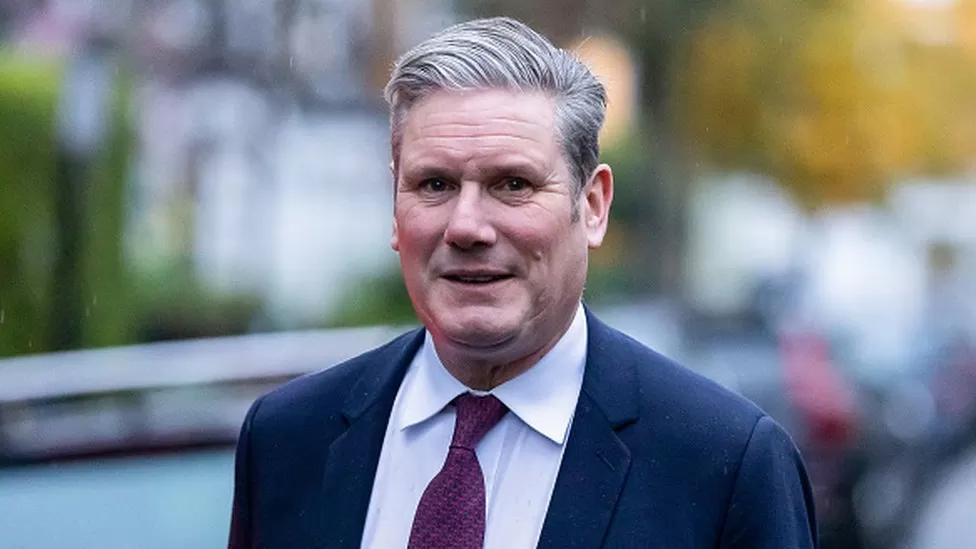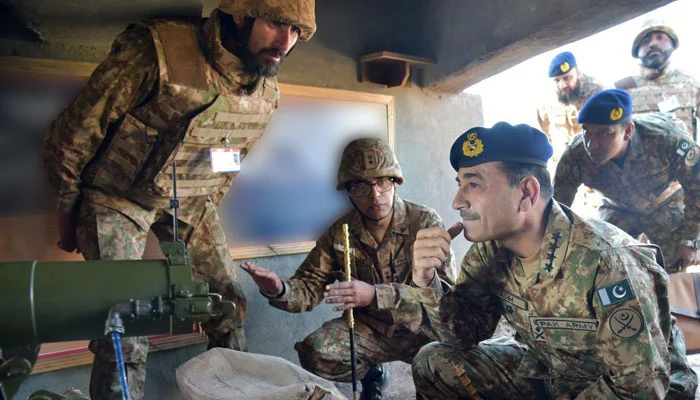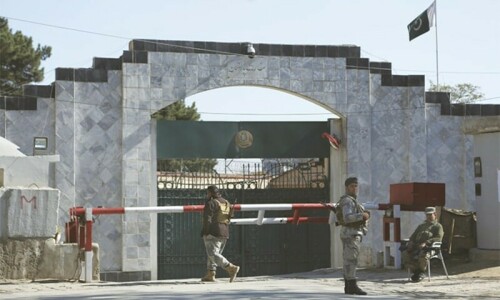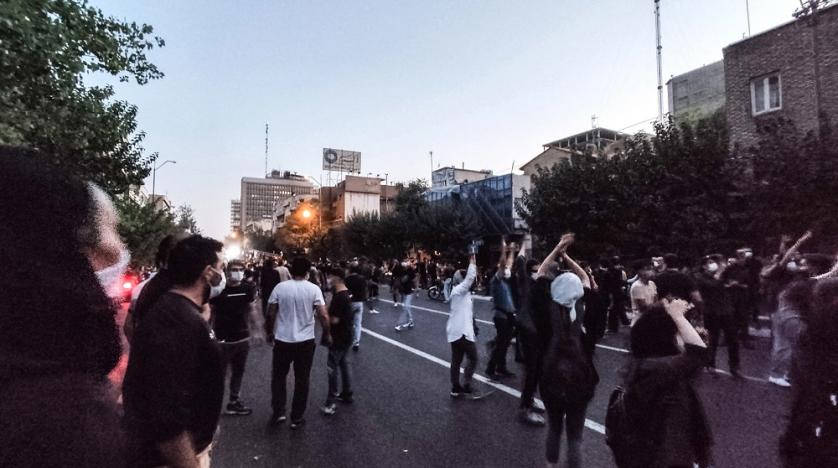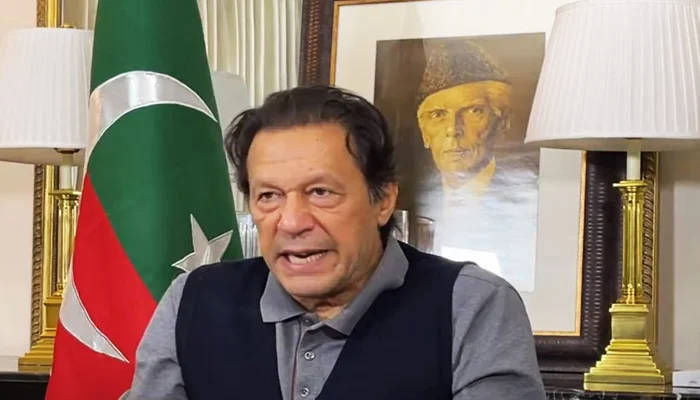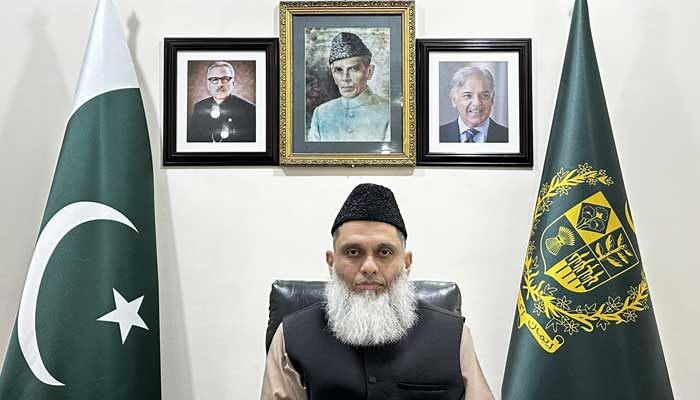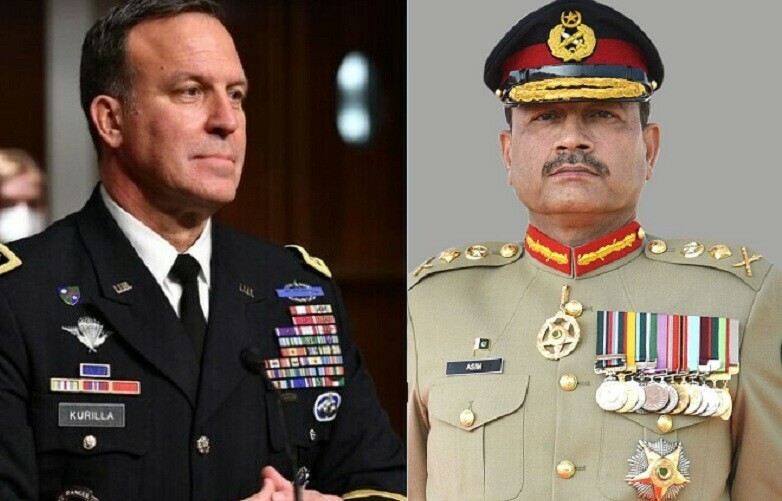KABUL: Pakistan’s Head of Mission to Kabul Ubaid-ur-Rehman Nizamani Friday escaped an assassination bid, the Ministry of Foreign Affairs (MOFA) confirmed.
In a statement, the ministry said the embassy’s compound in Kabul came under attack targeting the head of mission, but “by the grace of Allah Almighty, the head of mission is safe”.
However, a Pakistani security guard Sepoy Israr Mohammad has been critically injured in the attack while protecting Nizamani, the Foreign Office said.
It said that Pakistan’s government strongly condemns the assassination attempt and attack on the embassy demanding the Afghan government conduct an immediate investigation into the incident.
“The Interim Government of Afghanistan must immediately hold thorough investigations in this attack, apprehend the culprits, hold them to account, and take urgent measures to ensure the safety and security of Pakistani diplomatic personnel and citizens in Afghanistan,” the statement added.
While saving the head of mission during the attack, according to Geo News, the security guard sustained three bullets in his chest and was later shifted to a medical facility. Sources said that the attack took place while the Nizamani was on a walk.
When the incident happened, there was no activity in the Pakistani Embassy due to weekly off. The head of mission and other officials are being called back to Pakistan temporarily, the sources said.
Pakistan rules out closing embassy
In response to a media query, MOFA Spokesperson Mumtaz Zahra Baloch said there are no plans to close the embassy or withdraw diplomats from Kabul.
The spokesperson said Pakistan is in contact with the Afghan government and enhanced security measures are being taken to protect Pakistani diplomatic personnel and missions in Afghanistan.
Later in the day, Pakistan summoned Afghan Chargé d’Affaires Sardar Muhammad Shokaib to the ministry to convey its deep concern and anguish over the attack on Ambassador Nizamani, the Foreign Office said.
The statement further added that the additional secretary for Afghanistan and West Asia conveyed Pakistan’s grave concern over the serious incident in which the head of mission remained unhurt.
The Afghan official was informed that it was his country’s responsibility to ensure that Pakistan’s diplomatic missions and personnel remain safe, the Foreign Office said.
“…this incident was an extremely serious security lapse,” Pakistani officials told Shokaib.
They demanded all necessary steps be taken to ensure the security of the diplomatic premises, officers, and staff working in Pakistan’s mission in Kabul and Consulates in Jalalabad, Kandahar, Herat, and Mazar-i-Sharif.
Calling the attack “highly unfortunate”, the Afghan Chargé d’Affaires said that the attack was perpetrated by the common enemies of Pakistan and Afghanistan.
He also informed that the security of the Pakistani diplomatic missions had already been beefed up and assured that the Afghan authorities would leave no stone unturned in bringing the perpetrators of this dastardly act to justice.
Bilawal receives call from Afghan foreign ministry
Foreign Minister Bilawal Bhutto Zardari received a call from the Acting Afghan Foreign Minister, Amir Khan Muttaqi in the wake of the terrorist attack on the Pakistan Mission in Kabul.
The Acting Foreign Minister of Afghanistan strongly condemned the terrorist attack targeting Pakistan’s Head of Mission in Kabul, Ubaid-ur-Rehman Nizamani.
Reiterating Afghanistan’s firm resolve to combat terrorism, Foreign Minister Muttaqi assured the Foreign Minister that the Afghan government would swiftly bring the perpetrators of this heinous attack to justice.
The Acting Afghan Foreign Minister also conveyed his heartfelt wishes and prayers for the early recovery of the security guard, Sepoy Israr Mohammad.
The Foreign Minister thanked the Interim Afghan government for its strong solidarity and underscored that the safety and security of Pakistan’s diplomatic personnel in Afghanistan was of the utmost importance.
The Afghan government must prevent the terrorists from undermining relations between Pakistan and Afghanistan. The Foreign Minister also reiterated Pakistan’s unwavering commitment to fighting terrorism and said that Pakistan will be undeterred by such cowardly attacks.
President Alvi, PM Shehbaz condemn attack
Prime Minister Shehbaz Sharif condemned the attack deeming it dastardly and lauded the guard for saving the life of Pakistan’s head of mission.
“Salute to brave security guard, who took bullet to save his life,” he wrote in his tweet.
The premier extended prayers for the guard’s swift recovery demanding an “immediate investigation and action against perpetrators of the heinous act”.
The premier also shared on Twitter about his conversation with Ambassador Nizamani.
“Relieved to hear that he is safe. I expressed solidarity of govt & people with him, while assuring full support & assistance to him & mission on all counts,” he tweeted conveying his prayers for swift recovery of the “brave security guard”.
President Dr Arif Alvi has also strongly condemned the attempted assassination attack on Ambassador Nizamani.
“Thank God that the Head of Mission in Kabul is safe. I pray for the speedy recovery of the injured security guard,” the president said deeming the attack a cause for concern.
Pakistan condemns all forms of terrorism and is determined for its end,” Dr Alvi said in a statement.
The president added that terrorism is a common threat and joint efforts are required to compete against it.
Consulate’s account hacked
Earlier in the day, the Consulate General of Pakistan Kandahar’s official account was hacked and immediately recovered, as per the consulate’s tweet.
“Official account of Consulate General of Pakistan Kandahar was hacked a while ago which was immediately recovered,” the consulate tweeted.
It added that unsolicited tweets have been deleted while the matter has been reported to Twitter.
“The Consulate offers sincere apologies for any inconvenience this may have caused. The matter is being reported to Twitter,” the consulate added.
Attack near ex-Afghan PM Hekmatyar’s office
Earlier today, two people were injured in an attack in Kabul near the office of the Hezb-e-Islami party associated with former Afghan prime minister Gulbuddin Hekmatyar, but all the senior leaders were safe, the party said in a statement.
Multiple attackers were killed and several guards injured in the incident, according to three Hezb-e-Islami sources and one source with the ruling Taliban.
Kabul police and the interior ministry did not immediately respond to requests for comment. It was not immediately clear who was behind the attack.
The attack on the Hezb-e-Islami party office occurred near a mosque where senior party leaders were present, but all — including Hekmatyar — were unscathed, according to the party statement and his grandson, Obaidullah Baheer.
“All respected authorities, including the respected leader, are safe and sound … two senior guards from the leader’s support unit were superficially injured and no one else was injured,” the statement said.
One Taliban and one party source said a vehicle belonging to the attackers and packed with explosives had detonated near the office. The firing took place and two attackers were killed while trying to enter the mosque, they said.
Several bombing and shooting attacks have taken place in Afghanistan in recent months, some of which have been claimed by Daesh militants. A blast at a madrassa on Wednesday in northern Afghanistan killed at least 15 people.


